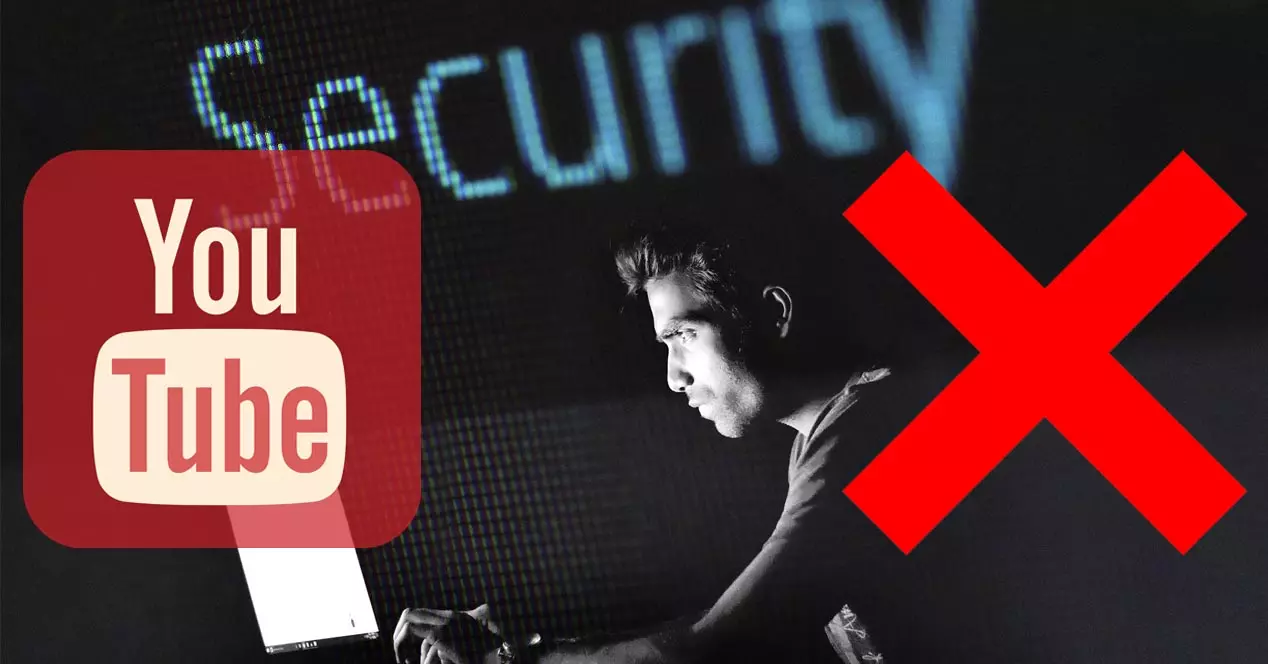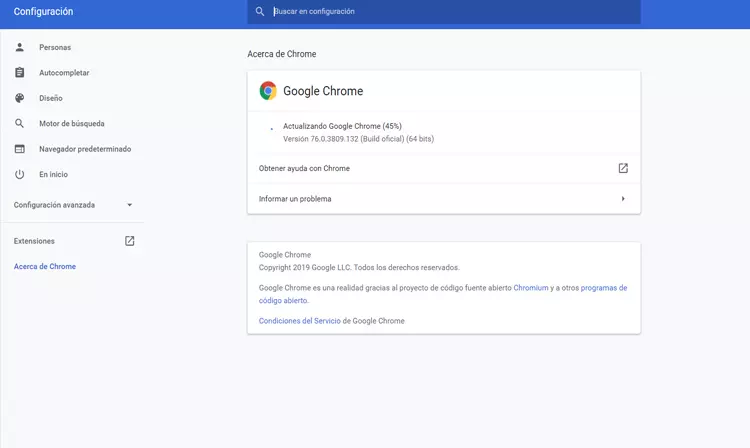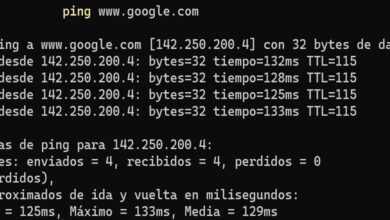
The popular YouTube video platform has been censoring content creators who upload videos related to cybersecurity in recent weeks, especially with videos related to how to exploit vulnerabilities and configuration errors on a certain computer. Currently there are several platforms that provide “vulnerable” machines that are virtual, in order for users to learn how to hack a specific machine with a security breach. Pentesting work is essential to verify the security of a system, in order to protect it and improve security.
What is YouTube doing with these videos?
It seems that YouTube is sending “strikes” or notices to content creators who have uploaded videos related to cybersecurity, more specifically about ethical hacking where it is explained how a system can be violated, but all for educational purposes, so that users They can learn how to pentest a machine, and how they should configure it to avoid the security flaws they just exploited. YouTube seems to be directly against this type of content, even if it is solely and exclusively to teach people who love cybersecurity.
Although many of these videos could be “misinterpreted” and used for illegal purposes, to hack into other people’s computers, or to steal data with the information, it is still the responsibility of the user himself how he wants to use the information: yes to learn Pentesting techniques in order to protect a system from intruders, or if you want to be a cybercriminal.
The popular creator of cybersecurity and ethical hacking content, S4vitar, suffered these YouTube strikes just yesterday.
Well guys, I had to delete all the HackTheBox machines from my main YouTube channel.
Lately the platform is deciding to put Strikes on random machines from which I solve, you know that there are certain rules and our content restricts it a lot.
– S4vitar (@ S4vitar) November 4, 2021
The YouTube team is restricting and censoring a very current topic, and one that is going to grow more and more because the cyber world is here to stay. Rather than label all creators of cybersecurity-related content as “cybercriminals,” YouTube should update its policies and make them more permissive, as long as it is information oriented to teach people.
Google also restricts ads in security tutorials
If you have a website where you write tutorials on security, to audit wireless WiFi networks, tutorials on programs to crack passwords and verify that they are safe or insecure, and you have Google AdSense ads, you should know that Google is also taking measures to avoid this content that they consider “piracy.” In the case of RedesZone, we have received dozens of notices that the ad server has been disabled for “pirated” content. Any tutorial on cracking passwords to audit your own security, tutorials on WiFi network security, tools to check WPS security or articles on Kali Linux or WiFiway are flagged as hacking and Google automatically blocks AdSense ads.
This we have been suffering in RedesZone for more than a year, what we do when Google detects an infraction is to disable all AdSense advertising on that page, in this way, from the Google AdSense policy center it will disappear after a few days. We used all of these notices at first, but Google would always tell us that they are out of policy and that the ad server is disabled for that particular article.
The same goes for tutorials on P2P downloads, this marks Google as copyrighted content, and blocks the ad server for these pages. In the world of P2P you can easily download content without copyright, but we still flag it as an infringement and we have to disable all advertising so that the notice in the policy center disappears.
We hope that very soon Google and YouTube will reconsider the world of cybersecurity, and that they will not confuse us with “cybercriminals”.



